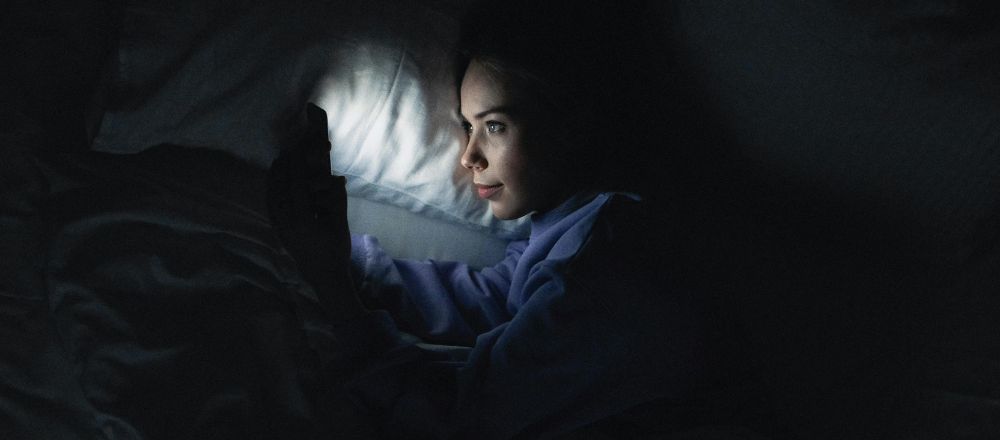Sleep Apnea Devices That Work
- Posted On: November 16, 2024
- Posted By: admin

Sleep apnea will lead to continuous stoppage of your breathing and start it while you are asleep This will lead to exhaustion, poor quality of sleep, and other health issues. It will usually result from blockage of your airway or a malfunction in the signals sent by the brain to the breathing muscles. There are a number of ways available to assist in treating your sleep apnea which are intended to maintain an open airway, lessen snoring, and enhance the quality of your sleep.
Continuous Positive Airway Pressure (CPAP) Machines
The CPAP machine is the most often prescribed equipment for moderate to severe instances of sleep apnea. A continuous stream of air pressure is delivered through a mask by CPAP devices. This will maintain an open airway and avoid breathing pauses. You can sleep well and have higher oxygen levels when there is better ventilation there. Although CPAP devices are quite successful but still you can find it difficult to use. With features like quieter motors, warming humidifiers, and pressure-setting adjustments, newer CPAP devices are easier to use.
Bi-Level Positive Airway Pressure (BiPAP) Machines
BiPAP devices will provide you with an alternative to CPAP machines especially if you have more complicated conditions. In contrast to continuous positive airway pressure (CPAP) devices, BiPAP machines have two pressure settings: one for inhalation and a lower one for exhalation. If you need greater pressure settings then this will make your breathing more pleasant and natural. If you have central sleep apnea or other respiratory conditions that will require additional help with inhaling and exhaling will be administered for BiPAP devices.
Automatic Positive Airway Pressure (APAP) Machines
APAP machines are comparable to CPAP machines, but they will offer you the advantage of automatically regulating the air pressure during the night. In order to improve your comfort and efficiency, these gadgets will track your breathing patterns and modify the pressure to suit your requirements. APAP is frequently used for OSA patients who have different types of apnea attacks or who find it difficult to tolerate the continuous pressure of a conventional CPAP machine.
1. Oral Appliances
It is an efficient and less intrusive option for you if you have mild to severe obstructive sleep apnea. These mouthguard-like devices will function by shifting your tongue and lower jaw slightly forward. These devices are typically more comfortable, portable, and quieter than CPAP machines. They will not work in more serious situations, but their affordability and ease of use will make it popular.
2. Nerve Stimulators
Nerve stimulators are surgically implanted and are a creative treatment option for sleep apnea. To keep the airway from collapsing, this gadget will stimulate the hypoglossal nerve, which will govern the muscles of the tongue. The gadget is implanted in your chest and is turned on at night. Its stimulation will keep the airway open while you are sleeping.
Conclusion
The severity of the problem and personal needs determine which sleep apnea equipment is appropriate for you. Although CPAP is the most often prescribed treatment option due to its efficacy, but other options like BiPAP, APAP, oral appliances, and positioning devices will also provide you comfort and flexibility. Nerve stimulators will offer a high-tech solution for you with long-term advantages.